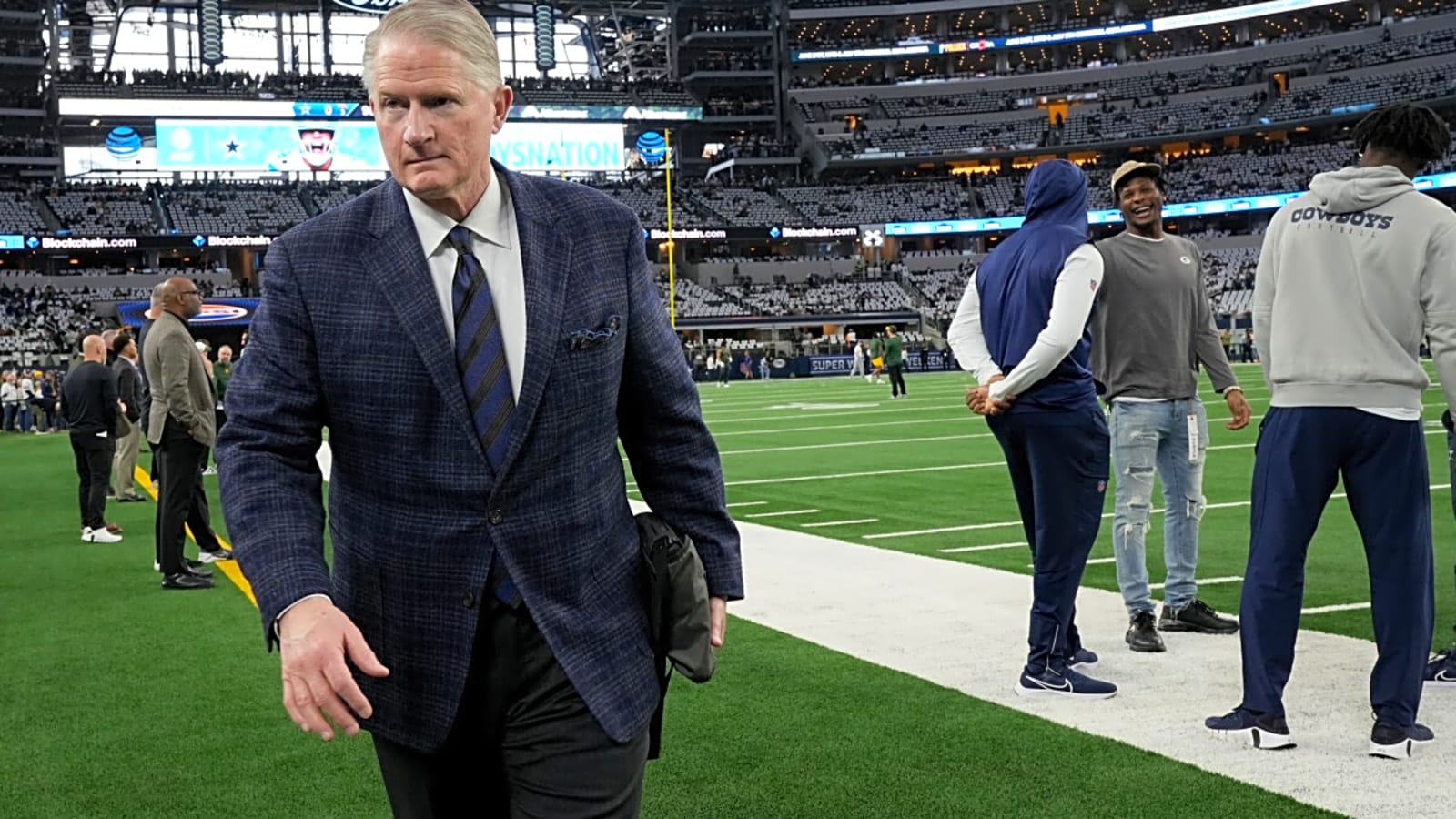
When covid hit the NFL salary cap four years ago, basically the entire league was forced to find unusual ways to keep things afloat. Even teams that were historically conservative with their cap approach had, for example, to add void years in contracts to be compliant.
Through the final years of Aaron Rodgers, the Green Bay Packers also did that. But it's certainly not how they prefer to operate, and a potential change in the salary cap system could be perceived as a positive for how the Packers manage their finances.
During Roger Goodell's press conference during last week's ownership meetings, the NFL commissioner pointed out that the NFL will consider adjusting the salary cap in the next CBA.
"There are no formal plans on any discussions," Goodell said. "We obviously continue to be in close communication with the union on a variety of matters, but no start of negotiations have been set or are under consideration really at this point. We did spend time today talking, at length, about areas of our Collective Bargaining Agreement that we want to focus on. The two areas that we spent time on were really the cap system itself, the integrity of that system, how's it working, where do we need to address that in the context of collective bargaining, when that does happen. That was a very lengthy discussion."
Why they want to change
In the 1990s, the Denver Broncos created a mechanism called "void years." Those are fake years at the end of a deal, allowing the team to spread the cap hit via signing bonus beyond the real life of the contract. During covid years, everyone took advantage of that, but teams like the Philadelphia Eagles and New Orleans Saints are the most frequent franchises to use that as a method. The thinking is that a dollar now is worth more than a dollar next year, when the cap will be higher.
There are two problems for the league, though. First, it benefits teams with rich owners who are more willing to spend big right away with signing bonuses and guarantees to make or keep their teams competitive.
The second problem is that, over time, there will be a tendency to keep pushing money, and maybe teams will spend more than the salary cap. Ultimately, Goodell's job is to maximize the owners' revenue, and this management style is bad for business.
How it benefits the Packers
Even though the Packers don't have an owner and are generally willing to spend as much as possible to keep a good roster in place, the franchise has historically been conservative in its cap management. So much that they spent most of the past three years cleaning the mess created in Rodgers' twilight seasons.
This is what they’re referring to. You can outspend the cap if your owner is about that life. pic.twitter.com/txdFdJ4aU0
— YardsAfterContract (@YrdAftrContract) May 25, 2025
Last year, 19 teams spent more cash than a hard salary cap would allow. The Packers were the second lowest spenders, just ahead of the New Orleans Saints—who are finally leaning into a rebuild after decades of overspending.
If everyone in the NFL is forced to truly respect the salary cap, Green Bay already has a winning model in place. Meanwhile, other good teams will have to adapt—and it's hard to maintain a strong roster foundation without a financial advantage (Hi, Howie Roseman).
Nevertheless, changes won't happen overnight. The current version of the CBA expires just after the 2030 season, and there isn't opt out for owners or players. Therefore, unless there's a deal for a new CBA beforehand, the current system will stay around for at least six more seasons.
More must-reads:
- Bears QB Caleb Williams responds to book controversy
- Giants teammates offer high praise for Russell Wilson amid OTAs
- The 'NFL QBs with the most rushing touchdowns in a single season' quiz
Breaking News
Trending News
Customize Your Newsletter
 +
+
Get the latest news and rumors, customized to your favorite sports and teams. Emailed daily. Always free!








